Building links is an important part of making a website more visible and successful on the internet. When people use search engines to find information, buy products, or learn new things, they usually click on the top results.
The websites that appear on top often have strong, trusted connections to other sites, which can help them rank higher. In this article, we will look into why creating these connections is key to growing a website’s reach. We will also explain how this process works, why it helps, and give some examples.
What Is Link Building?
Link building is the practice of getting other websites to link back to your website. Think of it like a recommendation; if many people recommend a product, more people will trust it. Similarly, when a website has several links pointing to it from other reliable sites, search engines see it as trustworthy. These links, called “backlinks,” can help a website climb higher in search results.
The quality of the links is important. If a site that already has a good reputation links to yours, it carries more value than if a lesser-known or lower-quality site does. Getting quality backlinks is like getting a strong recommendation, which is why link building services are often used by businesses to improve their online presence.
Why Is Link Building Important?
Search engines use complex rules to decide which websites appear first in the results. One of the key factors is how many quality links a site has. Websites with more quality links are more likely to appear higher in search results, which can bring more visitors. A higher ranking often leads to more clicks, and more clicks can lead to more business, sales, or engagement.
When websites link to each other, it can also build partnerships. For instance, if a well-known cooking blog links to a website that sells cooking equipment, it not only brings traffic but also builds a connection between the two sites. This can make both sites more trustworthy in the eyes of users.
How Link Building Affects SEO
SEO, or Search Engine Optimization, is the process of making a website appear better to search engines like Google. Link building plays a big role in SEO. Here’s why:
- Increased Website Authority: Search engines measure how reliable or important a website is. When a site has more links from other trusted websites, it is seen as more valuable. For example, a news website linking to a health blog can make the health blog more respected in health-related searches.
- Better Search Engine Ranking: When many quality links point to a website, search engines may show that website higher up in the search results. Higher positions in the search results can attract more clicks, leading to more visitors.
- Faster Indexing of New Content: When a website publishes new content, search engines need to find and add it to their list of results. If a website already has many good backlinks, search engines will find the new content more quickly. This is because the website is seen as active and regularly updated.
Types of Link Building Strategies
There are several ways to build links. Here are some common strategies:
1. Guest Posting
Guest posting involves writing an article for another website. In exchange, the author is often allowed to include a link back to their own website. For example, a technology company might write an article for a tech blog and link back to their own website. This not only brings in direct visitors from the blog but also improves the company website’s search ranking.
2. Broken Link Building
Sometimes websites have links that no longer work, which can happen when the content they linked to is removed. If you find a website that has these broken links, you can suggest that they replace the broken link with a link to a similar article on your website. This helps the other website improve its user experience while you gain a valuable link.
3. Skyscraper Technique
This method involves finding a popular article on another website, writing a better or more detailed version on your own website, and then asking other sites that linked to the original article to link to yours instead. For example, if a blog post about “10 Best Hiking Trails” has many links, you could write “20 Best Hiking Trails” with more details and photos, then reach out to those linking to the original to let them know about your improved version.
4. Building Links through Social Media
Sharing your website’s content on social media platforms can help get links from other users. If people find the content helpful or interesting, they might share it or link to it in their own blogs. Social media can boost link-building efforts by helping the content reach a wider audience.
5. Business Directory Listings
Listing a business on online directories can also provide backlinks. These directories often include a link to the business’s website, which can help with SEO. However, it’s important to choose reputable directories, as not all links carry the same value.
Challenges in Link Building
Although link building has many benefits, it can be challenging. Here are some common obstacles:
- Finding Quality Websites: Getting links from high-quality, relevant sites is not easy. It takes time to find websites that are a good fit and willing to link back.
- Avoiding Bad Links: Some links can actually harm a website’s ranking. If a site gets links from untrustworthy or spammy websites, it could be punished by search engines. Therefore, it is important to focus on getting quality links.
- Competing with Other Websites: Many businesses are trying to build links to improve their search ranking. This makes it competitive, especially in popular industries like fashion, technology, or health.
Examples of Successful Link Building
Some companies have used link-building strategies to achieve impressive results. For instance:
- Case Study: A Small Business in the Fitness Industry
A small fitness company wanted to reach more customers online. They started by writing blog posts about health and fitness tips and shared these on social media. By doing guest posts on popular fitness blogs and using the broken link-building method, they were able to get links from high-quality sites. Within a year, their website traffic increased by 150%, and they saw a significant boost in online sales.
How Digital Marketing Companies Can Help
Digital marketing companies often offer link building services to help businesses improve their online presence. These companies usually have connections with different websites and understand the best strategies to get quality backlinks. This can save businesses time and help them avoid common pitfalls.
For example, a digital marketing agency may reach out to well-known websites or bloggers in a specific industry to get backlinks. They may also use tools to track a website’s backlinks and monitor its progress. These efforts can help a business grow its online reach and get better search rankings.
Tools to Help with Link Building
Many tools can help make the process easier and more effective. Some popular options include:
- Ahrefs: This tool helps track backlinks, find broken links, and explore what other sites are linking to competitors. It can give businesses ideas on how to get more quality links.
- SEMrush: SEMrush is great for finding opportunities for backlinks. It provides insights into what competitors are doing and can help identify where a business could gain links.
- Moz Link Explorer: Moz offers a tool that checks the quality of backlinks, helps with research, and tracks the progress of a link-building campaign.
Link Building Statistics
Research shows that link building is crucial for SEO success:
- A study by Backlinko found that the top results on Google have an average of 3.8 times more backlinks than the lower-ranking pages.
- Websites with a strong backlink profile can see up to a 200% increase in traffic within six months of starting a link-building campaign.
- Businesses that invest in link building as part of their SEO strategy report a 27% increase in online leads compared to those that do not.
When Link Building Goes Wrong
Sometimes, a website can have too many low-quality backlinks, which may hurt its search ranking. Google and other search engines can recognize spammy practices, like buying links from low-quality sites, and may punish the website. If this happens, it can be hard to recover.
One example is the case of a company that purchased thousands of backlinks from questionable sources. While it initially helped their website move up in the search results, search engines soon discovered the spammy behavior, and the website was removed from the top pages. The company then had to spend time and money removing bad links and rebuilding its reputation.
How to Avoid Bad Link-Building Practices
To stay on the safe side, avoid buying links or using automatic link-building tools. Focus on getting links naturally by creating valuable content that other sites will want to share. Reach out to websites that are related to your industry, and only pursue links from trusted sources.
Final Words
Building quality links is an important step in making a website more visible online. It can help with search engine rankings, increase traffic, and build credibility. Though it may take time, using good strategies like guest posting, fixing broken links, and sharing content on social media can lead to great results. By avoiding shortcuts and focusing on quality, businesses can steadily grow their online presence.
Link building, when done correctly, can greatly benefit any website, large or small. Whether working with digital marketing experts or handling it in-house, understanding the basics of link building can make a big difference.







